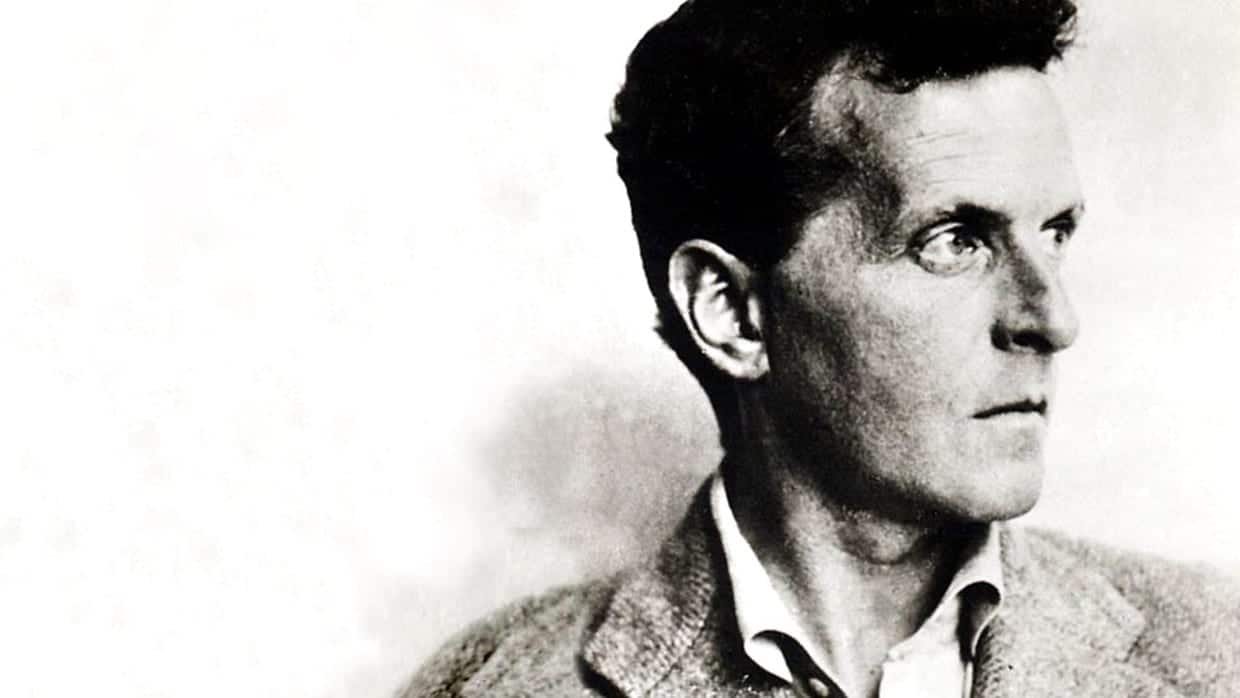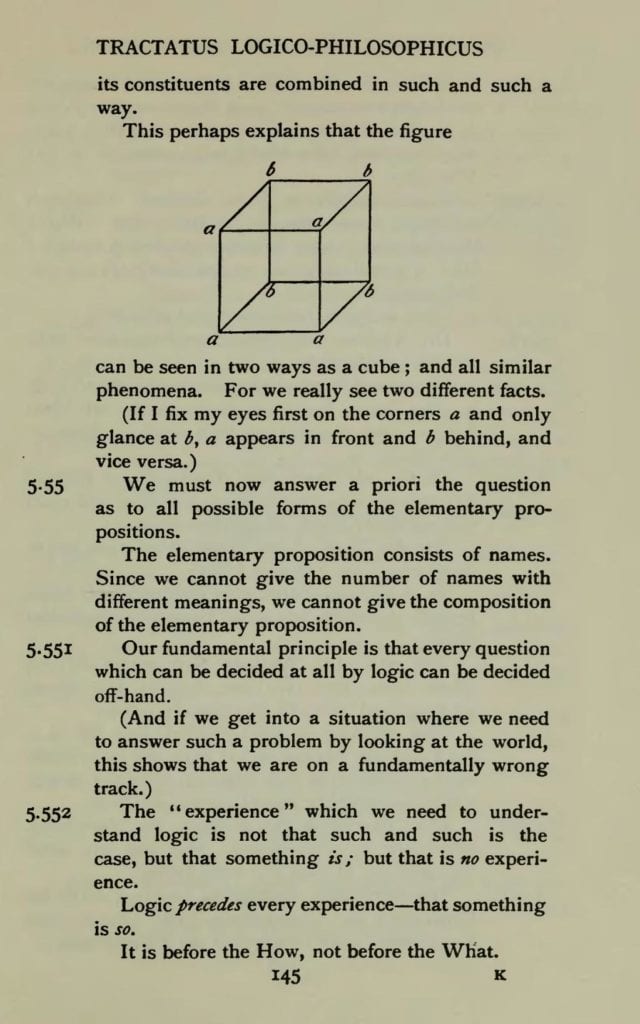
I am fascinated by Tractatus Logico-Philosophicus of the mathematician, philosopher, logician and linguist Ludwig Joseph Johann Wittgenstein (Vienna, April 26, 1889 - Cambridge, April 29, 1951). Whenever I read this short, but complex (and at the same time simple, by precise) essay I discover some new detail, something that makes me think. It would not be an exaggeration to say that it revolutionized my way of seeing the world, and still does. Although this change was his own initiative because, as Wittgenstein himself said, "revolutionary will be the one who can revolutionize himself." After all, the human being, as a rational entity, has the power to transform his way of perceiving the world, and as a consequence himself. Stagnation is synonymous with death.
Although I really wanted to talk about this book, I never found the right moment or approach to do so. After all, rivers of ink have been poured on the Tractatus Logico-Philosophicus. the same Bertrand Russell, of whom Wittgenstein was a disciple, has already analyzed his essay much better than I can ever do. So did he really have something to contribute? After thinking about it a lot, I came to the conclusion that it was very possible. Of course, my opinions will not be the most erudite, but they will be passionate, and from a literary point of view. Having said that, I am going to comment on different aphorisms and sentences that are interesting to me, and I will tell you a little about what writers can learn from Ludwig Wittgenstein and its Tractatus Logico-Philosophicus.
Be precise, be accurate
FOREWORD. Everything that can be said can be said clearly; and what cannot be talked about, it is better to keep quiet.
The beginning of the book is already a declaration of intent. Many times, writers cannot find the right words, and we think that it is impossible to describe a certain situation, or a certain character. Wittgenstein teaches us that this is not so. If it is humanly understandable, it is humanly explainable, and also in a correct way. On the other hand, if something is so abstract (and by this I mean that it is outside the realm of human knowledge) that there are no words to describe it, it means that it is not worth trying.
2.0121 Just as it is not possible for us to think spatial objects outside of space and temporal objects outside of time, so we cannot think of any object outside the possibility of its connection with others.
As much as the protagonist of our story is a person locked in his own world, we must understand that he is not alone. Connections, relationships, are very important in literature. And even in the hypothetical case that we want to reflect in our work the alienation of an individual in his social environment, this is also a type of relationship, a type of connection that we must clearly define and explain to our readers.

Fiction and reality
2.022 It is clear that no matter how different from the real one is imagined, a world must have something — a form — in common with the real world.
Writing a book is playing god. Creation carries responsibilities, and one of the most important is verisimilitude. Although our work is one space opera located in the year 6.000 AD, always it will have to have something in common with our world that allows the reader to identify with the characters and with the events that we describe. This does not mean that we should clip the wings of our imagination; although in reality it is already limited in itself, well we can only imagine from what we know, rewriting reality.
3.031 It has been said that God could create everything except what was contrary to the laws of logic. The truth is that we are not able to say what an illogical world would look like.
As authors, we must respect the laws of our creation at all times. Even in the case of a fantasy novel, these laws exist, and it is our responsibility to clearly delineate what is possible, and what is impossible. A magician cannot fly in chapter three, and be unable to do so in fourth without a logical explanation, or at least satisfactory to the reader.
press here to read the second part of the article.